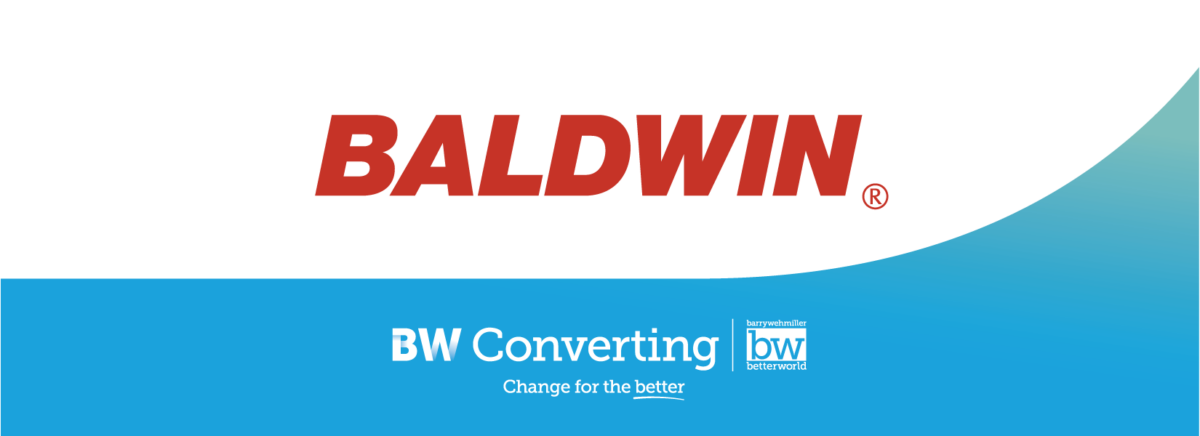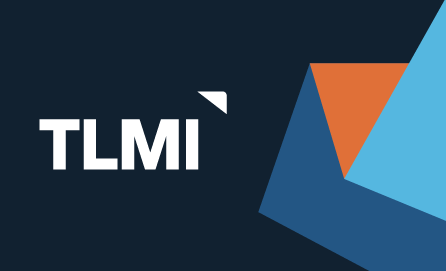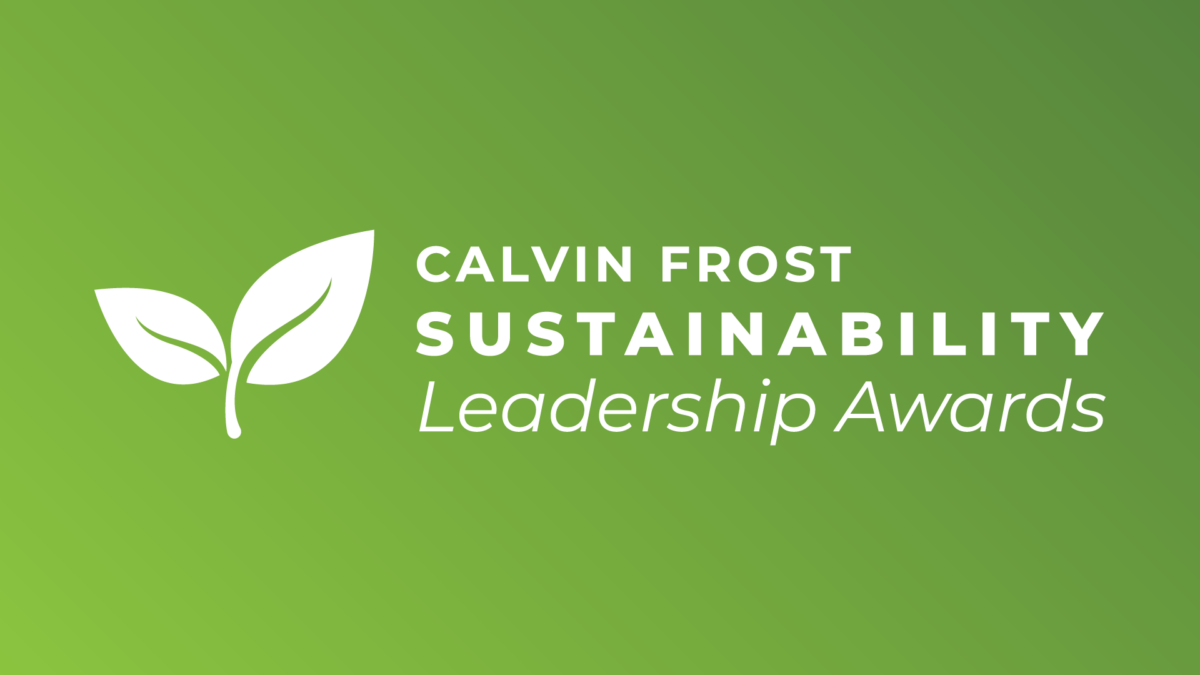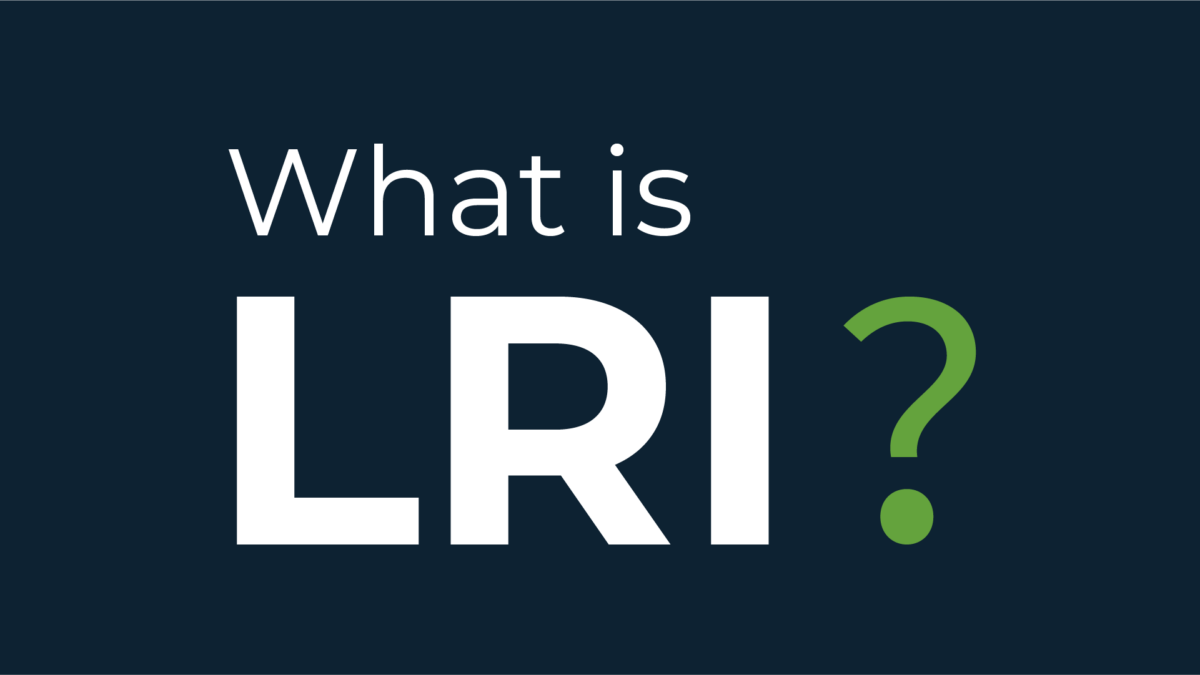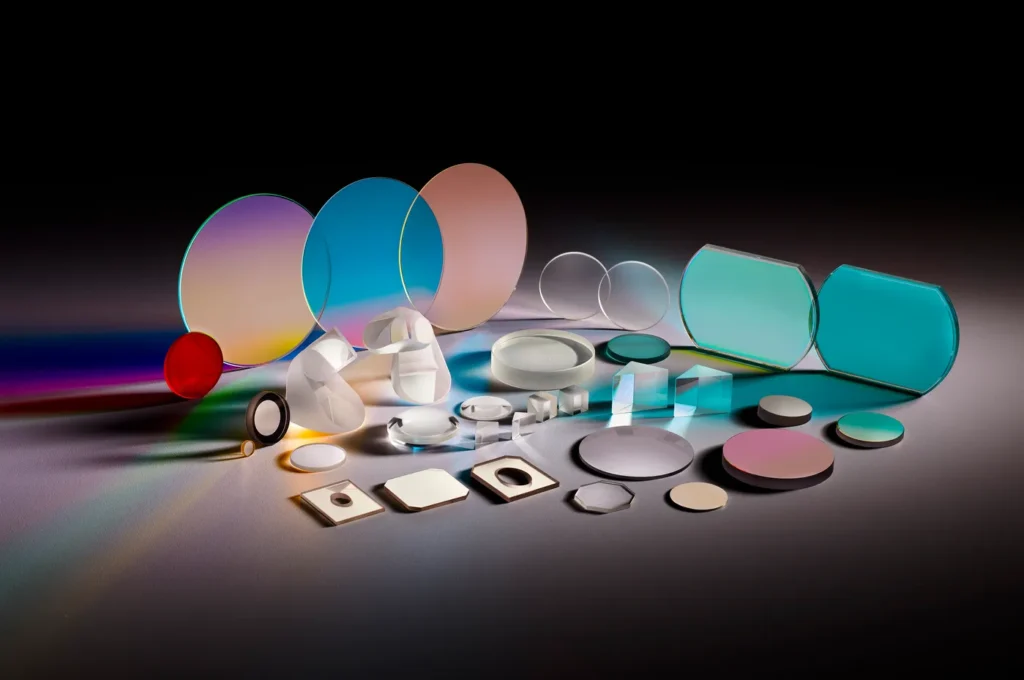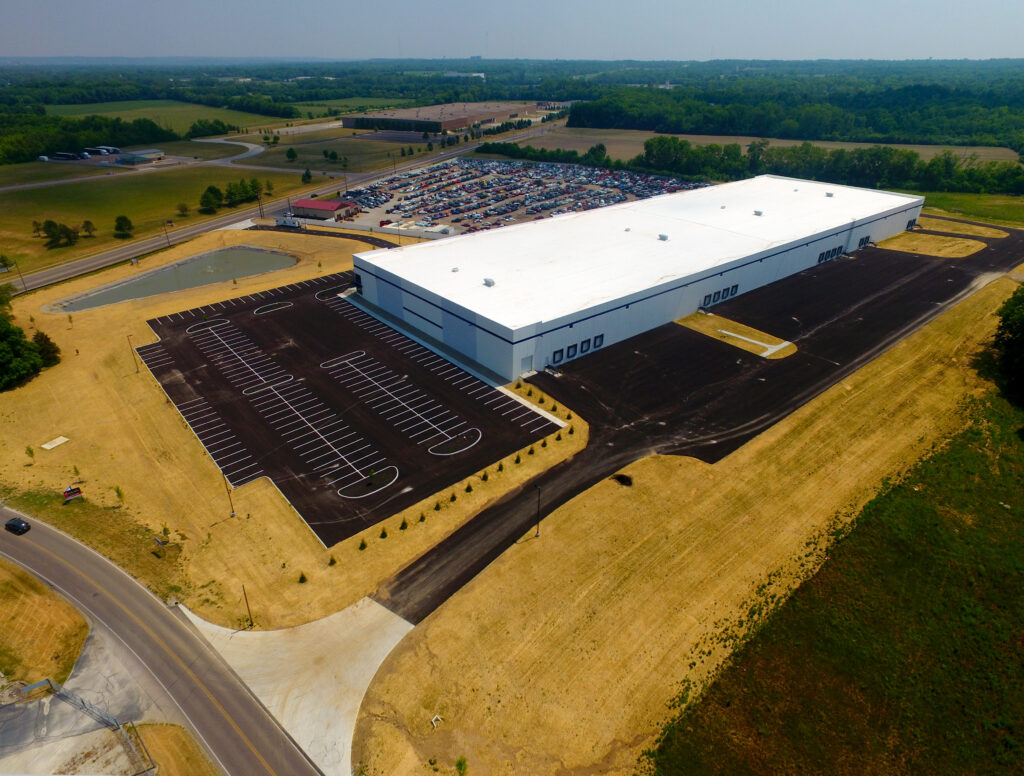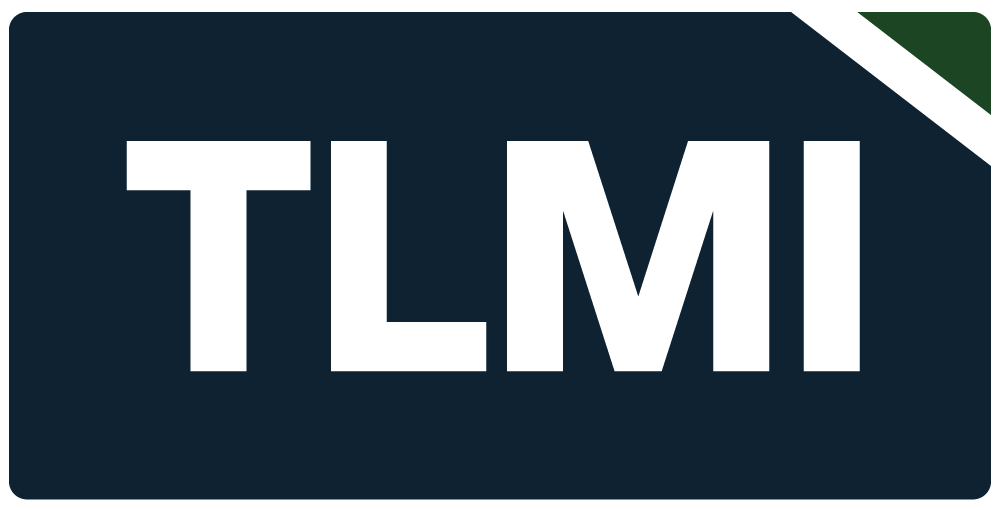State Paid Leave and Time Off Laws with Upcoming Changes
By Paige McAllister, The Workplace Advisors, Vice President of Compliance
Paid time off is a common benefit offered by many companies to their employees as part of their total compensation package. While federal law does not require any such paid time off, many states have regulations that require employers to offer employees paid time off and/or paid leaves of absence in some form.
We know it can be challenging to track what is required, so we have compiled state sick and family/medical leave below. We are also including highlights of recent or upcoming changes within those categories to help you make necessary adjustments.
Sick time: While federal law does not mandate sick time, some states do require employers to provide certain employees paid sick time to use for covered reasons, such as for their own or a family member’s diagnosis or treatment of a health condition or preventative care. Those states include Arizona, California, Colorado, Connecticut, Delaware, Maryland, Massachusetts, Michigan, Minnesota, New Jersey, New Mexico, New York, Oregon, Rhode Island, Vermont, Washington, and Washington. D.C. In addition, Illinois, Maine, and Nevada offer similar time-off policies that employees can use for any purpose.
Recent or Upcoming Changes
Alaska: New Paid Sick Time (Effective July 1, 2025) All employers must provide all employees (including full-time, part-time, temporary, and seasonal) with paid sick time, accrued at a rate of one hour for every 30 hours worked. Sick time can be capped based on the company’s total number of employees. The cap for employers with 14 or fewer employees is 40 hours, and for those with 15 or more employees, the cap is 56 hours. Any unused sick time must carry over into the next benefit year with no cap or loss of benefit. Employees can use this sick time for covered reasons and cannot be required to provide documentation for absences shorter than three days.
Maine: Increases to Paid Time Amounts (Effective September 24, 2025) Currently, employees can accrue up to 40 hours of paid time off in a benefit year and can carry over up to 40 hours of unused paid time off into the following benefit year; however, employers can cap an employee’s total balance to only 40 hours. Under the new changes, employees will be able to accrue up to 40 hours on top of carrying over up to 40 hours, which means they could have a balance of up to 80 hours after two years of accrual with no use.
Missouri: Sick Leave Law Rescinded (Effective August 28, 2025) The new law, which went into effect May 1, 2025, was rescinded as of August 28, 2025. Any sick time accrued during this period must be provided, but no additional time must be accrued or provided.
Nebraska: New Sick Leave Law (Effective October 1, 2025) Under the Nebraska Healthy Families and Workplace Act (HFWA) employers with 11 to 19 employees must provide up to 40 hours of sick time to all employees who work at least 80 hours for their company, and employers with 20 or more employees must provide up to 56 hours of paid sick time each year. (Employers with 10 or fewer employees are currently exempt from providing sick time.) Accrual starts after the employee completes 80 hours of employment. Employees must be allowed to carry over all unused sick time into the next benefit year.
Oregon: Sick Leave Expanded to Blood Donation (Effective January 1, 2026). Employees can use paid leave for time off to donate blood.
Washington: Sick Leave Reasons for Use Expanded
(Effective July 27, 2025) Employees can use mandated sick leave to prepare for or participate in any judicial or administrative immigration proceeding for the employee or their family member.
(Effective January 1, 2026) Employees can use available paid sick time for time taken due to them or a family member being a victim of a hate crime.
Medical or family leave: Under the Family and Medical Leave Act (FMLA), federal law requires all employers with 50 or more employees to offer job- and benefit-protected leave to eligible employees for covered reasons. This time is not paid.
In addition to FMLA, several states mandate additional paid and/or unpaid leave for employees taking covered reasons. These states include Alabama, Alaska, California, Colorado, Connecticut, Hawaii, Kentucky, Massachusetts, Minnesota, New Jersey, New York, Oregon, Rhode Island, Vermont, Washington, and Washington, D.C.
Recent or Upcoming Changes to Established Paid Leave Laws
Colorado: FAMLI Revisions (Effective January 1, 2026) Employees will be allowed to take an additional 12 weeks in addition to the 12 weeks of bonding time (so 24 weeks total of FAMLI) if their newborn child is in the neonatal intensive care unit (NICU).
Washington: Updates to PFML (Effective January 1, 2026) Several changes, including:
- Job restoration protections for all employees in PFML who have worked 180 days are being phased in as follows:
-
- Current: Employers with 50 or more employees;
- January 1, 2026: Employers with 25 or more employees;
- January 1, 2027: Employers with 15 or more employees; and
- January 1, 2028: Employers with 8 or more employees.
- Employers can count time taken under FMLA toward the PFML job restoration protections if they notify the employee of this intention within five days of receiving a request, even if the employee is not receiving PFML benefits.
- Health benefits must be continued for the entirety of PFML regardless of any FMLA protection.
- Employees can take PFML in increments of at least four consecutive hours.
New or Upcoming Paid Leave Laws
Delaware: New Paid Family Medical Leave (PFML) Payroll deductions started January 1, 2025; claim submissions begin May 1, 2026.
Employees who work at least 60% of their time in Delaware and have worked for their employer for 12 months or longer and have at least 1250 hours of employment in the past 12 months are eligible for up to 12 weeks a year of paid leave. Employees can use a combination of up to 12 weeks in a lump-sum or intermittently to care for a new child (the full 12 weeks) and up to six weeks for their own serious medical condition or injury, to care for a family member with a serious health condition, or to take time when a family member is overseas on a military deployment. Employees must file through the state’s LaborFirst Claimant Portal for paid benefits, but must also provide their employer with advanced notice when possible.
Maine: New Paid Family and Medical Leave Payroll deductions started January 1, 2025; claim submissions begin January 1, 2026.
Employees who work in or whose operations are based in Maine are eligible to up to 12 weeks a year of paid leave for family leave, medical leave, safe leave, or military family leave. Leave can be taken in a lump sum or intermittently with job protection if they were employed for more than 120 days prior to going on leave. Employees must file through the state’s Paid Family and Medical Leave Benefits Authority and provide their employer with advanced notice when possible.
Delayed Paid Leave Law
Maryland: Family and Medical Leave Insurance (FAMLI) program Payroll deductions delayed until January 1, 2027; benefits delayed until January 3, 2028.
When implemented, FAMLI will provide eligible employees with job protection and pay replacement of up to $1,000 per week for up to 12 weeks for covered leave.
The Workplace Advisors can help you stay informed of the leave laws that apply to your employees in all 50 states, as well as other protected paid and unpaid time off, such as jury duty, school activities, victim of crime, and/or lactation breaks.
